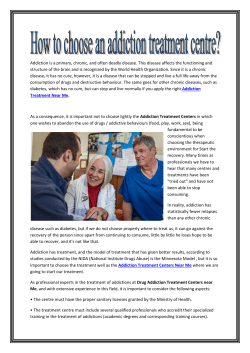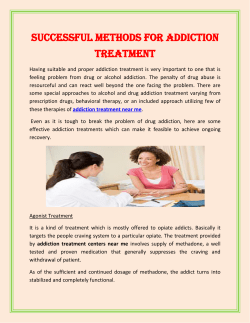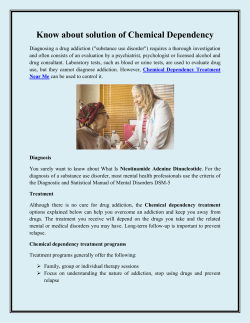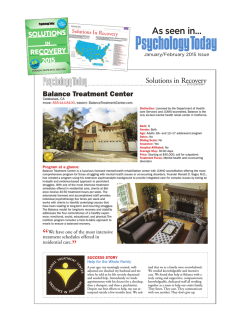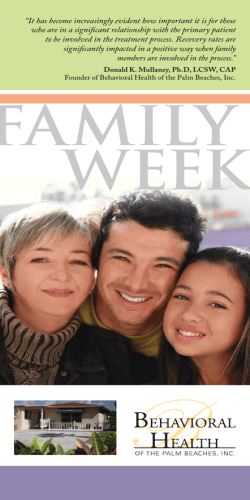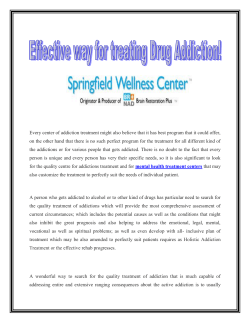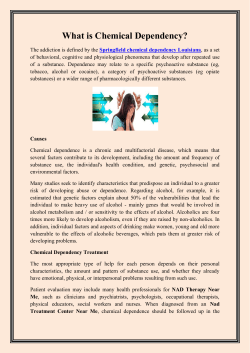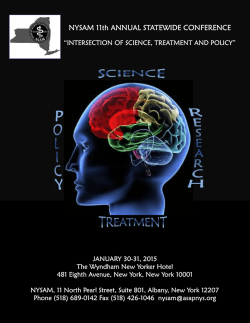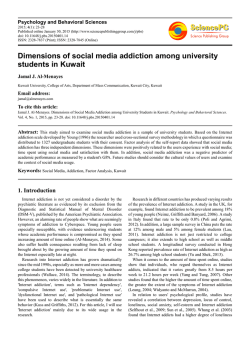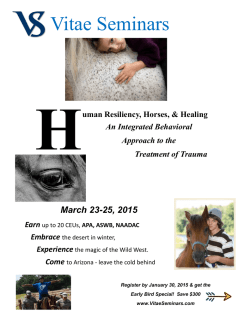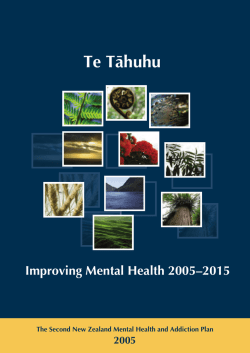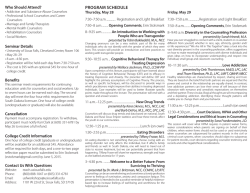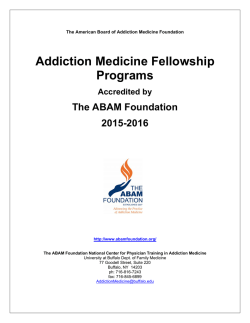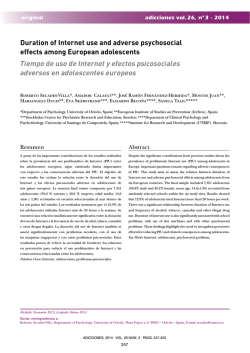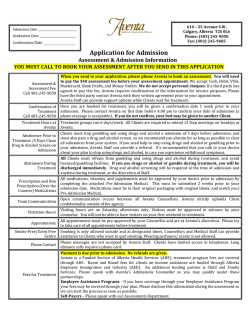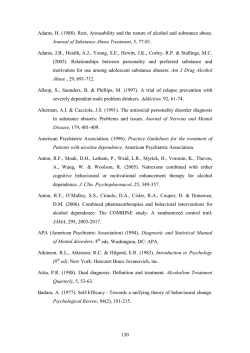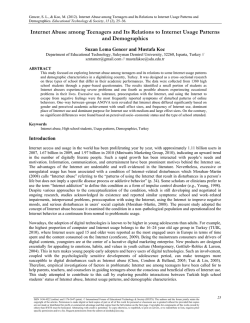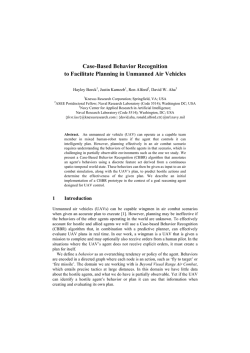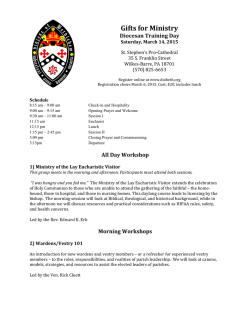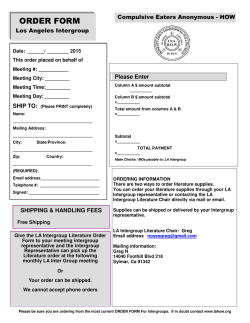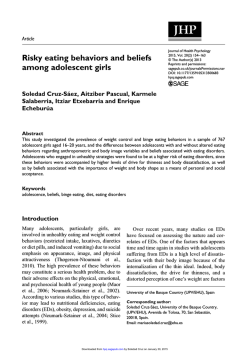
A National Commitment to Recovery from the Disease of Addiction
A National Commitment to Recovery from the Disease of Addiction in Canada The disease of addiction is a health issue and it impacts all Canadians. On January 27 and 28, 2015, individuals from across Canada representing recovery, treatment, continuing care, education, research and government came together to create a united vision for what Recovery means in Canada. This document is the result of that Summit, and an important step toward promoting Recovery in Canada. Vision Through this National Commitment to Recovery in Canada, we collectively declare our vision for a Canada in which: Recovery is real, available, attainable and sustainable. Recovery is an ongoing journey free of stigma and discrimination. Individuals, families, workplaces and communities are celebrated for their perseverance and commitment to Recovery. Recovery-focused services and supports are based on collaboration and partnership. Principles There are many pathways in Recovery Recovery involves a process of personal growth along a continuum leading to abstinence. It includes a range of services and supports that spans peer support, mutual aid, early identification and intervention, outreach and engagement, specialized treatment, relapse prevention and continuing care. Recovery requires collaboration Recovery-focused systems require collaboration across sectors, including peer support and mutual aid, health, social, educational, criminal justice, employment, economic, spiritual and housing sectors. Recovery is a personal journey toward wellbeing Recovery is an ongoing and dynamic process that is unique to the individual’s strengths, culture, gender, personal qualities and experiences. Recovery extends beyond the individual Recovery involves family, peers, workplaces and the community. Recovery is multidimensional Recovery enhances physical, social, mental, emotional and spiritual health. Recovery involves everyone Everyone has a role to play in overcoming the stigma of addiction and in supporting and celebrating Recovery. Let’s celebrate Recovery! Note: Participants of the National Summit on Addiction Recovery agreed to use the definitions of recovery, addiction and abstinence provided by the American Society of Addiction Medicine. These definitions are provided in the appended Glossary of Terms A National Commitment to Recovery from the Disease of Addiction in Canada Glossary of Terms (Source: American Society of Addiction Medicine) Abstinence Intentional and consistent restraint from the pathological pursuit of reward and/or relief that involves the use of substances and other behaviors. These behaviors may involve, but are not necessarily limited to, gambling, video gaming, spending, compulsive eating, compulsive exercise, or compulsive sexual behaviors. Addiction (short definition): Addiction is a primary, chronic disease of brain reward, motivation, memory and related circuitry. Dysfunction in these circuits leads to characteristic biological, psychological, social and spiritual manifestations. This is reflected in an individual pathologically pursuing reward and/or relief by substance use and other behaviors. Addiction is characterized by inability to consistently abstain, impairment in behavioral control, craving, diminished recognition of significant problems with one’s behaviors and interpersonal relationships, and a dysfunctional emotional response. Like other chronic diseases, addiction often involves cycles of relapse and remission. Without treatment or engagement in recovery activities, addiction is progressive and can result in disability or premature death. Recovery A process of sustained action that addresses the biological, psychological, social and spiritual disturbances inherent in addiction. Recovery aims to improve the quality of life by seeking balance and healing in all aspects of health and wellness, while addressing an individual’s consistent pursuit of abstinence, impairment in behavioral control, dealing with cravings, recognizing problems in one’s behaviors and interpersonal relationships, and dealing more effectively with emotional responses. An individual’s recovery actions lead to reversal of negative, self-defeating internal processes and behaviors, allowing healing of relationships with self and others. The concepts of acceptance and surrender are also useful in this process. Since some prescribed and non-prescribed medications can interfere with recovery, it would be prudent to consult with an Addiction Specialist Physician in selected cases. 500-75 rue Albert Street, Ottawa ON K1P 5E7 • Tel./Tél. : 613-235-4048 • Fax/Téléc. : 613-235-8101 www.ccsa.ca • www.cclt.ca
© Copyright 2026
